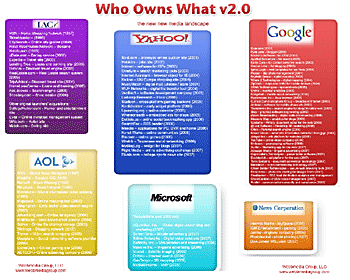The New York Times reports on a new search feature from Google that is causing concern among some publishers. Google unveiled an easier search-within-a-site feature, which allows a user to circumvent a news site’s built-in search.
From the Times story:
The results of the search are almost all individual company pages. Google tops those results with a link to the home page of the Web site in question, adds another search box, and offers users the chance to let Google search for certain things within that site.
The problem, for some in the industry, is that when someone enters a term into that secondary search box, Google will display ads for competing sites, thereby profiting from ads it sells against the brand. The feature also keeps users searching on Google pages and not pages of the destination Web site.
Could this cause a drop in page views from users searching on Google rather than on your news site? On the flipside, will it ultimately drive more traffic by letting users find your site’s content easier? And what about the ad revenue Google will pull in from this?
Friends, keep an eye on your internal site search numbers as this develops.
[Hat tip to Roger Simmons]
 If you’re wanting to gain a better understanding of how to optimize blogs for search engines (or what some, like myself, like to call “getting some Google Juice”), look no further than SEOBook’s free Blogger’s Guide to SEO
If you’re wanting to gain a better understanding of how to optimize blogs for search engines (or what some, like myself, like to call “getting some Google Juice”), look no further than SEOBook’s free Blogger’s Guide to SEO  Just got an e-mail letting me know that
Just got an e-mail letting me know that 

 ComScore released its
ComScore released its  [UPDATE: A spot check of the WaPo and LA Times shows their PageRank have returned to normal. Oh well, it was fun while it lasted!]
[UPDATE: A spot check of the WaPo and LA Times shows their PageRank have returned to normal. Oh well, it was fun while it lasted!] The New York Times
The New York Times 